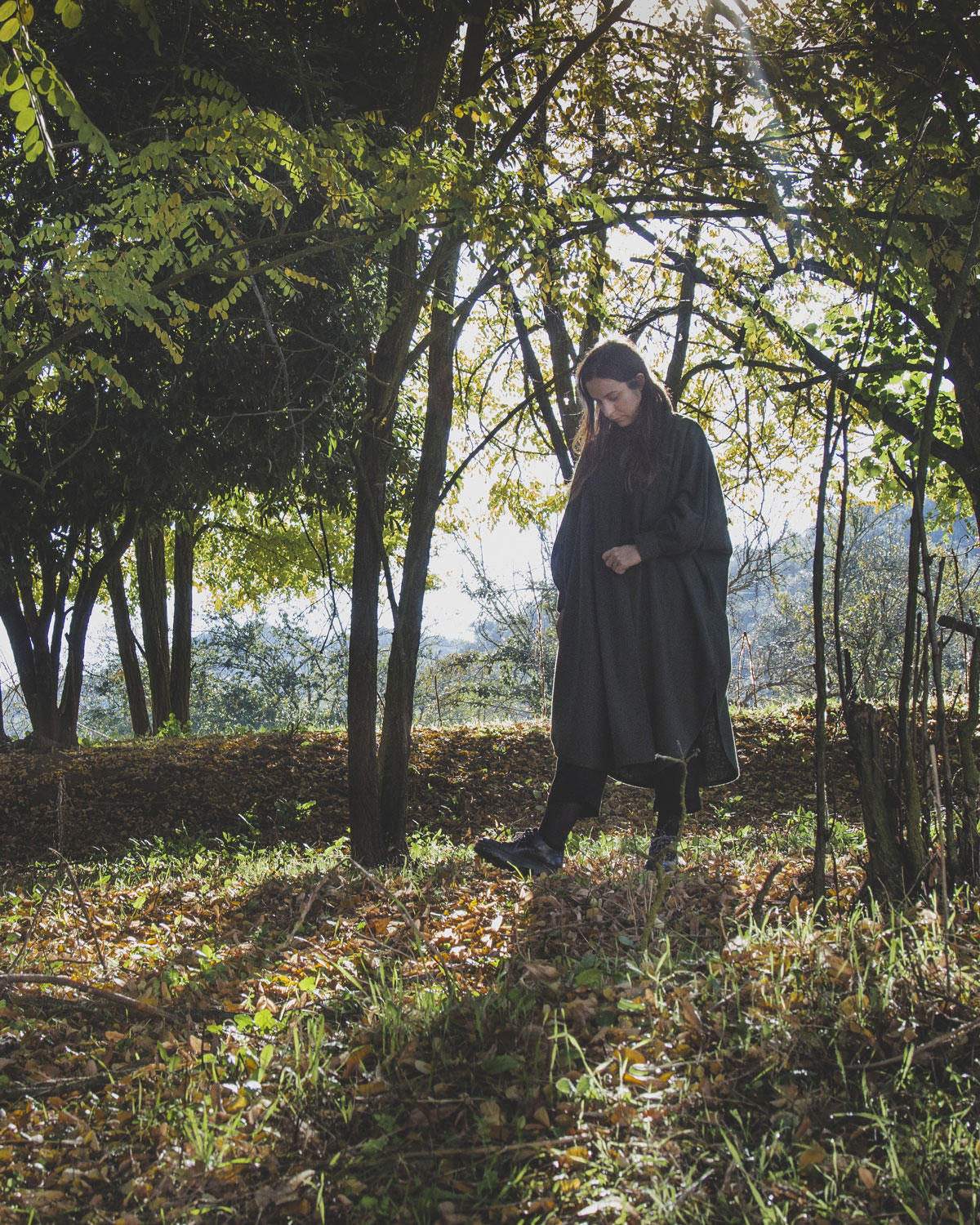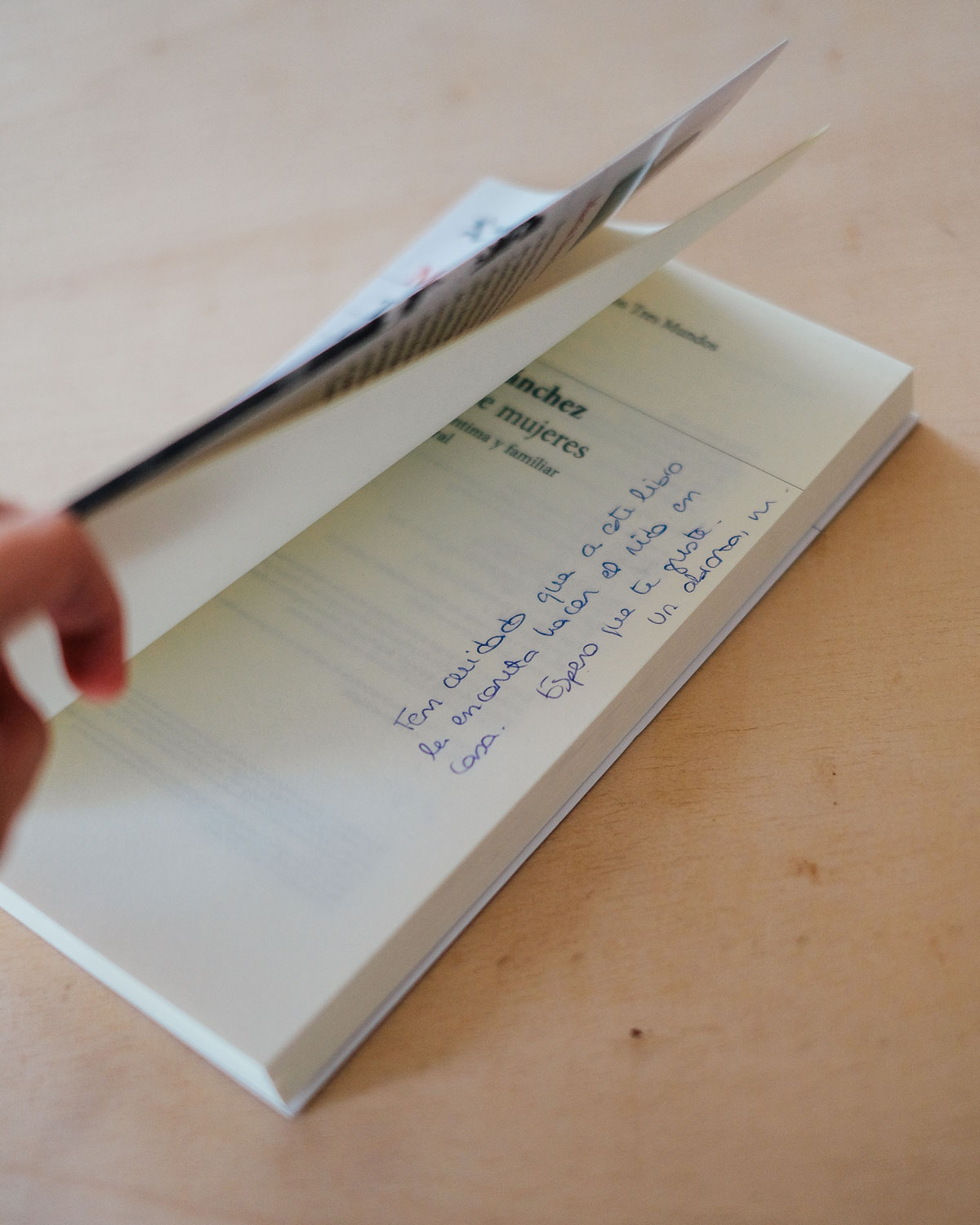- SHOP STORIES
- 6373 views
More information about cookies and privacy
By clicking “Allow All”, you agree to the storing of cookies on your device for purposes such as content and ad personalization, social media features, and traffic analysis. You can change your cookie settings or choose alternatives from the link at the bottom of the page at any time.
Manage cookie groups
+ Strictly necessary cookies
Always active
These are cookies that are required for the proper operation of our website. They may include, for example, cookies that enable us to manage your user session or provide you with a service you requested.
cookie_consent_preferencesCookie Controller1 year
_sContentSquareimmediately
sfpxsServiceform14 days
+ Preference cookies
Deny
Allow
These are cookies that enable us to save your preferences or otherwise tailor the website experience for you specifically.
+ Marketing cookies
Deny
Allow
These are cookies that enable us to make the advertising displayed to you more relevant to your interests. We may also share personally non-identifiable information about your website use with third parties for similar marketing purposes.
_fbpFacebook3 months
+ Statistics cookies
Deny
Allow
These cookies record personally non-identifiable information about your visit to our website, the pages you have visited, the links you have followed and similar statistical information. We use the information to gain a better understanding of the use of our website and improve our services.

Customize
Deny all
Allow all
 English
English 





